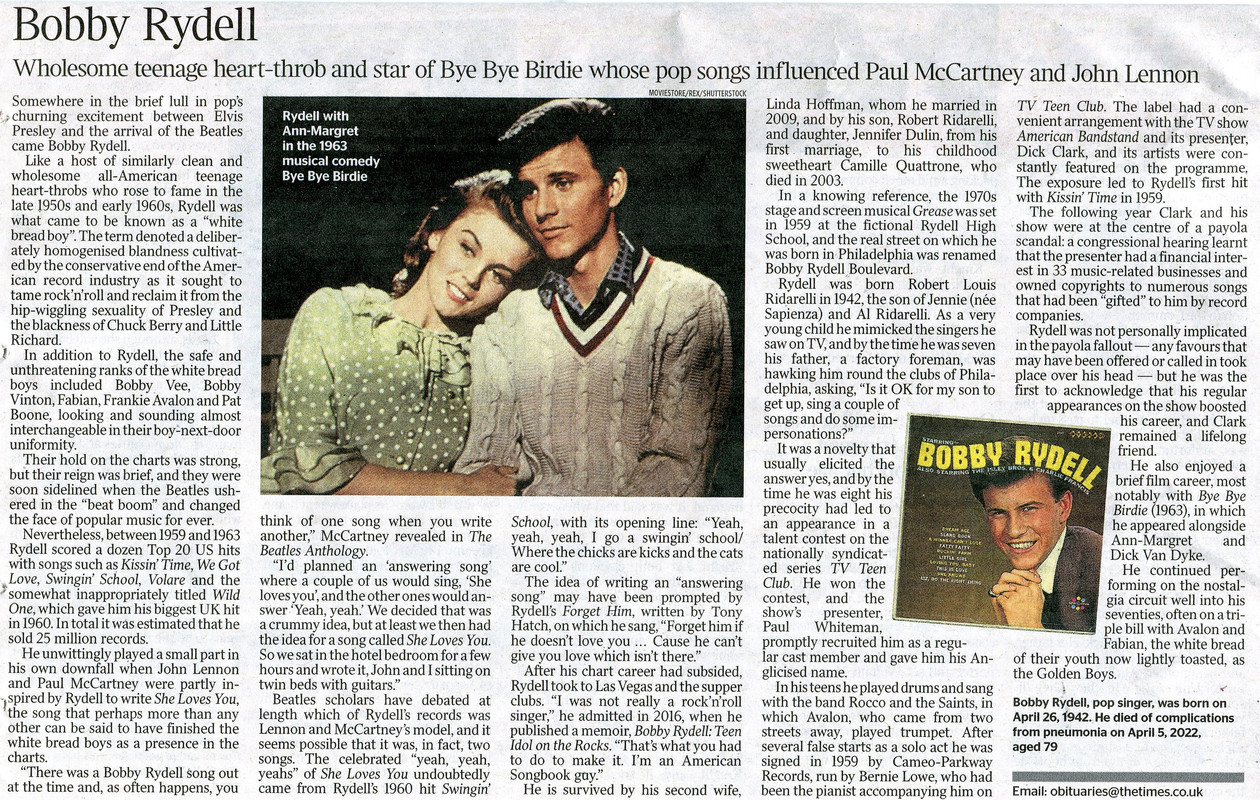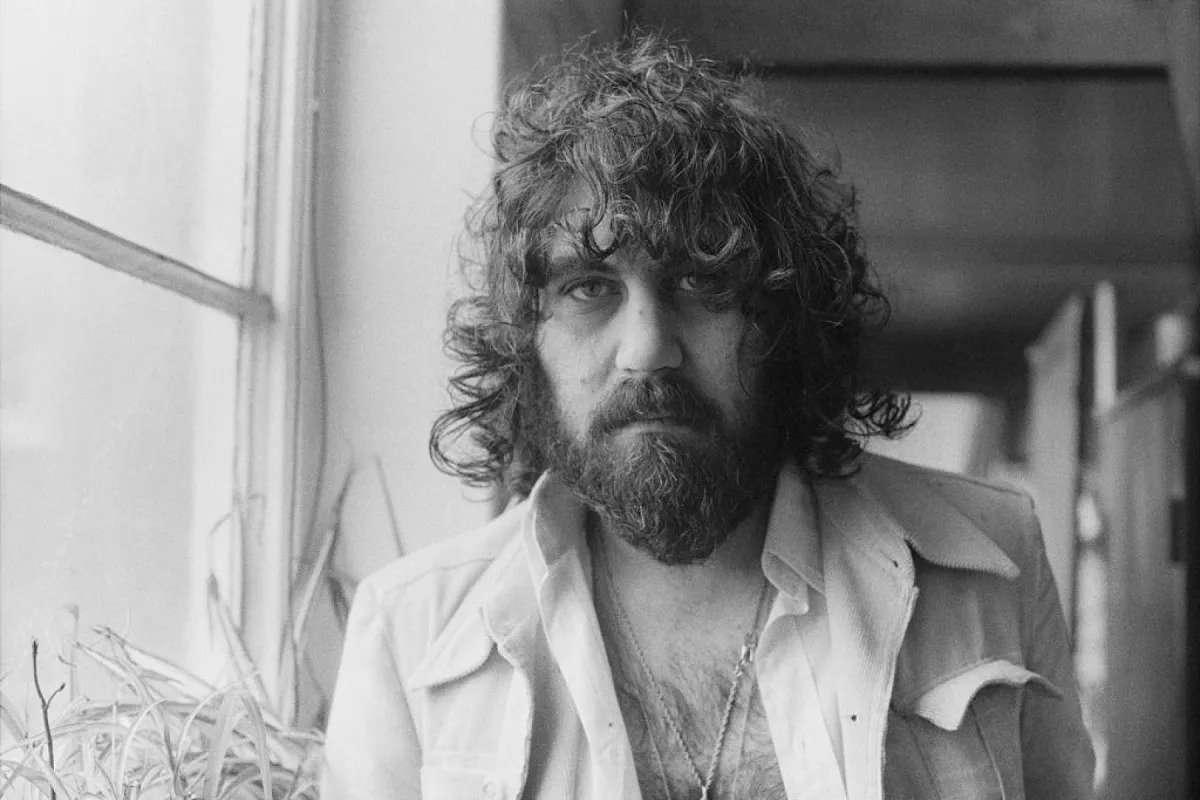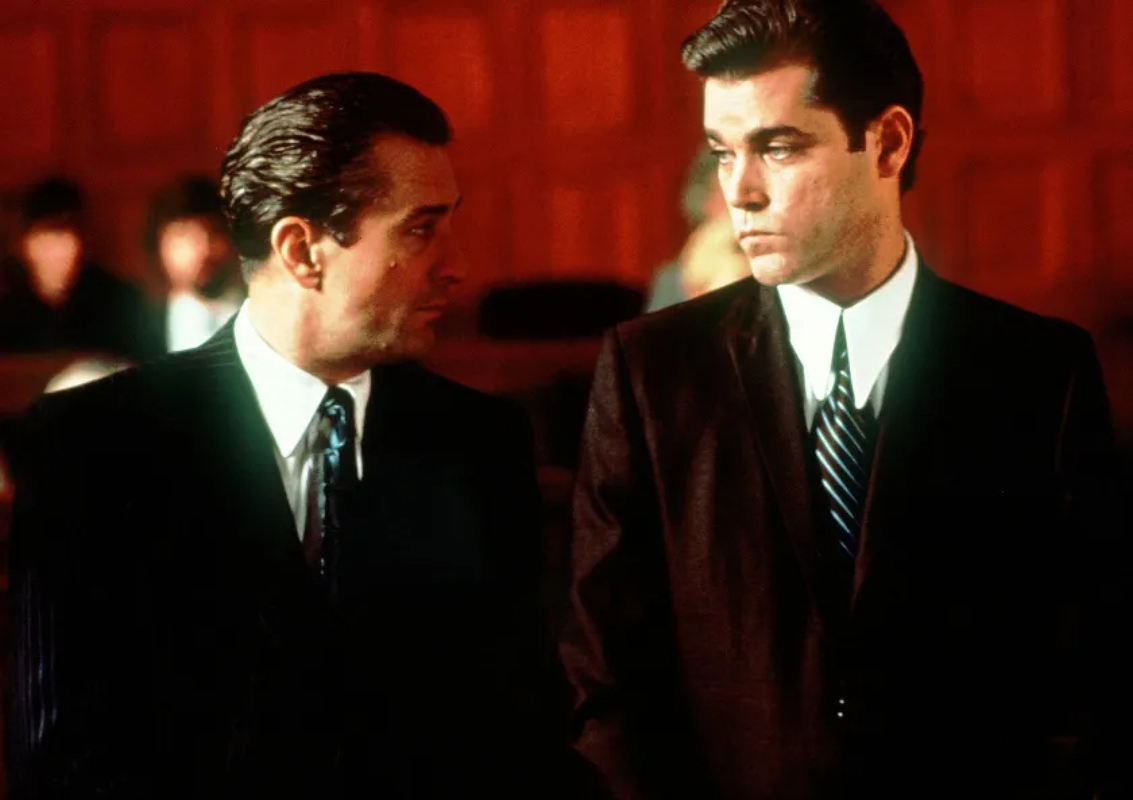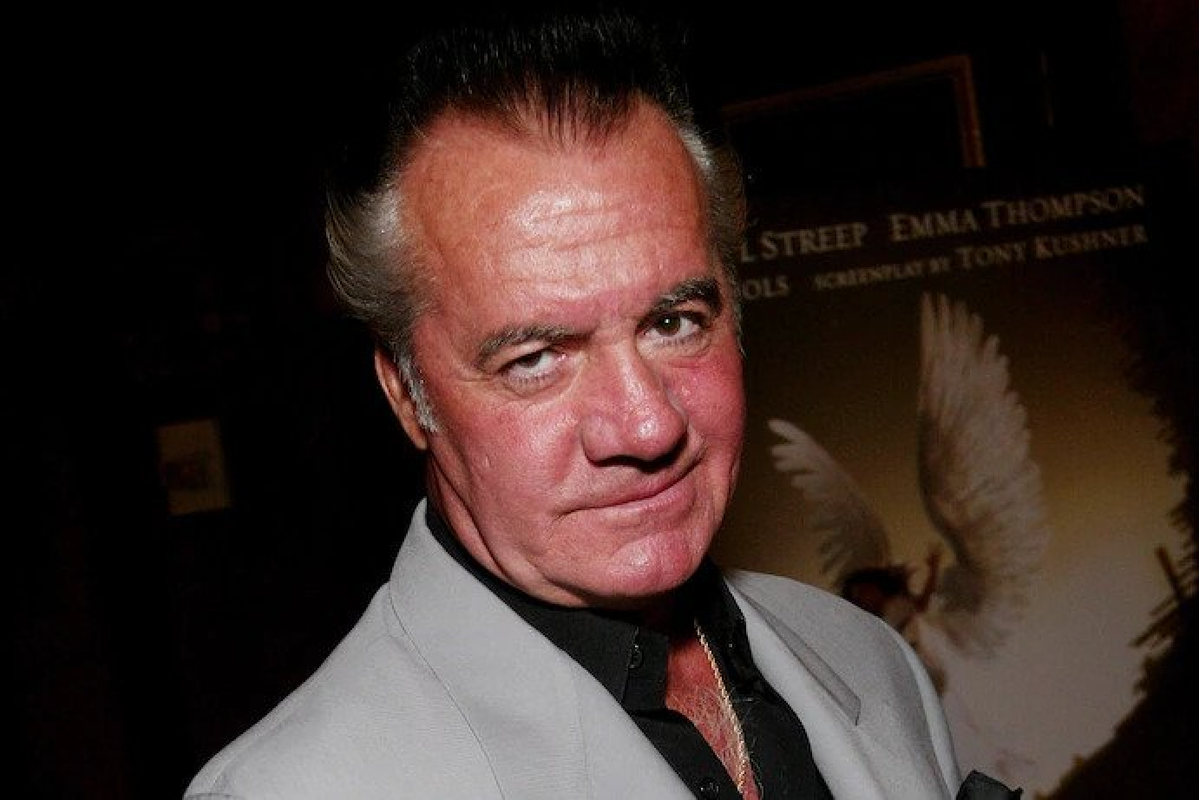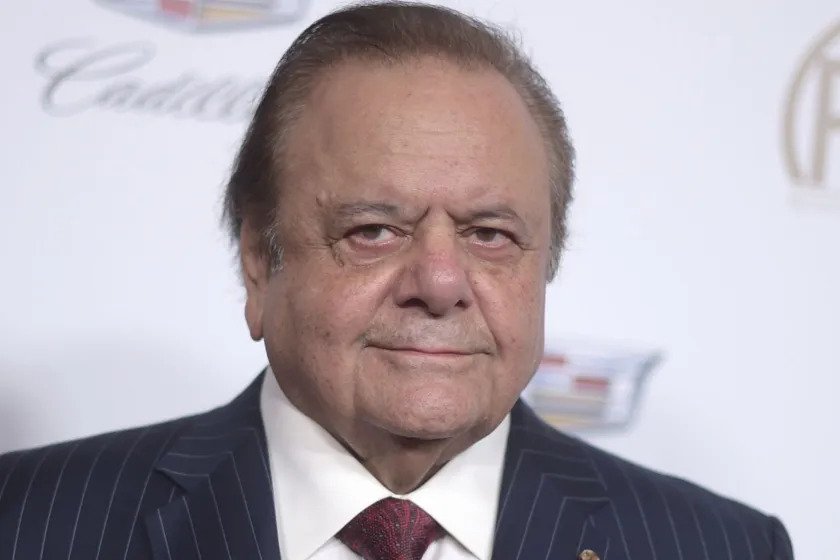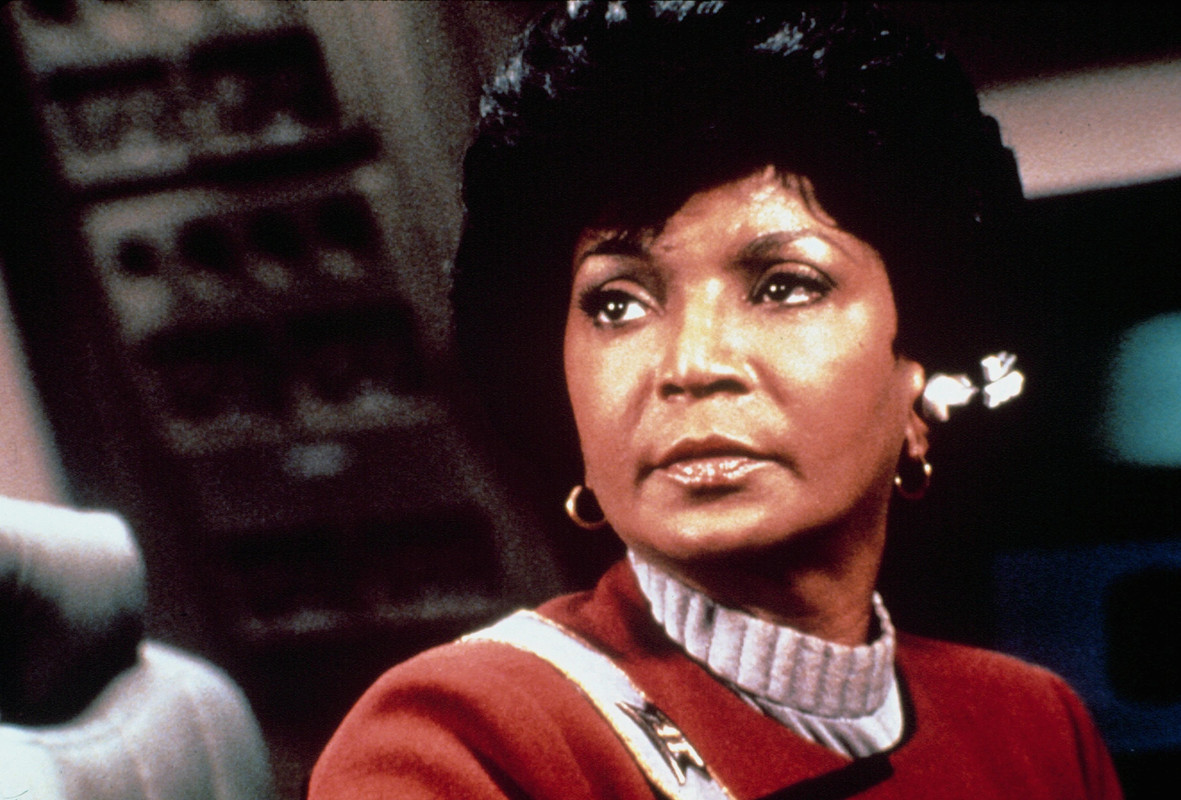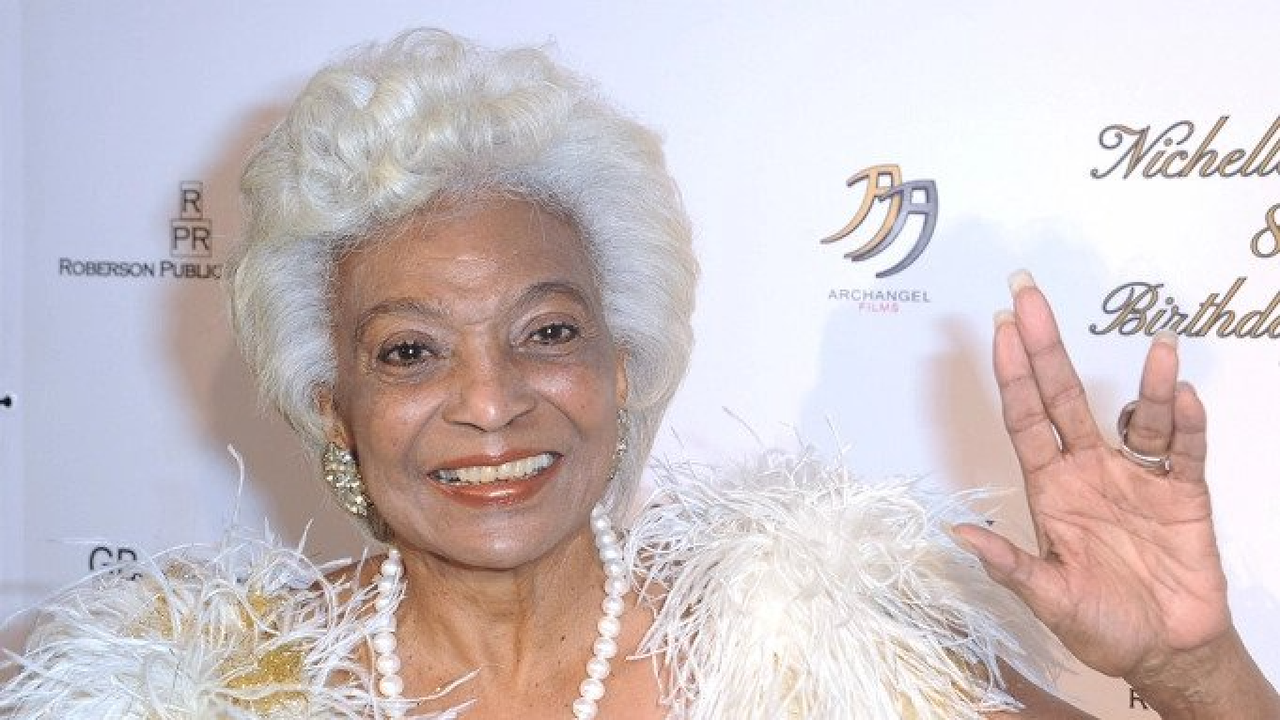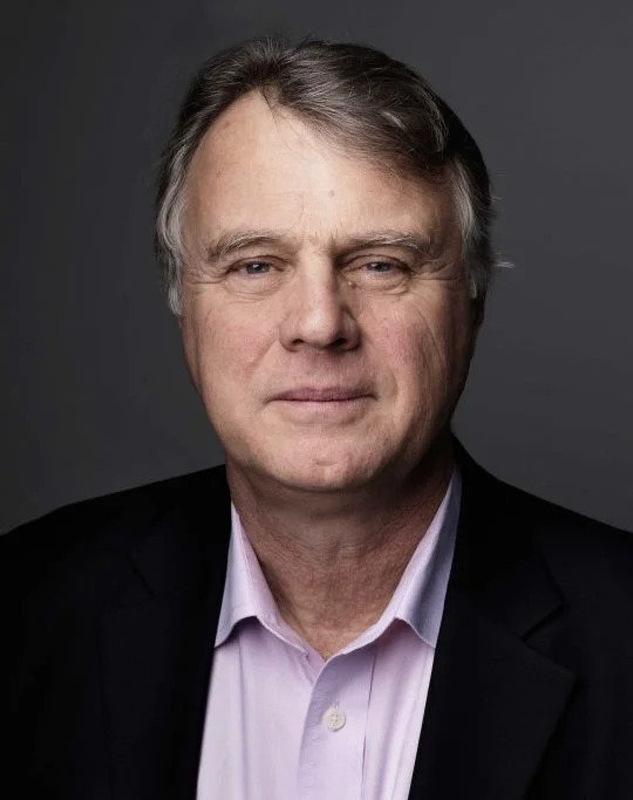New York Post July 7 2022
James Caan, ‘The Godfather,’ ‘Elf’ and ‘Misery’ star, dead at 82
By
Nadine DeNinno and
Eric Hegedus
James Caan, the Bronx-born actor who starred in “The Godfather,” “Elf,” “Brian’s Song,” “El Dorado” and “Misery” among countless other films, has died. He was 82.
“It is with great sadness that we inform you of the passing of Jimmy on the evening of July 6. The family appreciates the outpouring of love and heartfelt condolences and asks that you continue to respect their privacy during this difficult time,” a statement on his official Twitter account read.
No cause of death was immediately given.
Caan, who was best known for playing Santino “Sonny” Corleone, the brother to Al Pacino’s Michael, reflected on the iconic Francis Ford Coppola film for its 50th anniversary earlier this year.
“One of the things that made ‘The Godfather’ successful, besides brilliant directing and writing and wonderful actors … was that everyone really enjoyed making it, and that comes off on the screen,” Caan told The Post in March 2022. “And I think the audience can tell that we were having a good time doing what we were doing up there.”
Caan, who was nominated for an Oscar for his role in the movie based on the Mario Puzo book, also called his co-star Brando “great” and suggested he had a significant sense of humor.
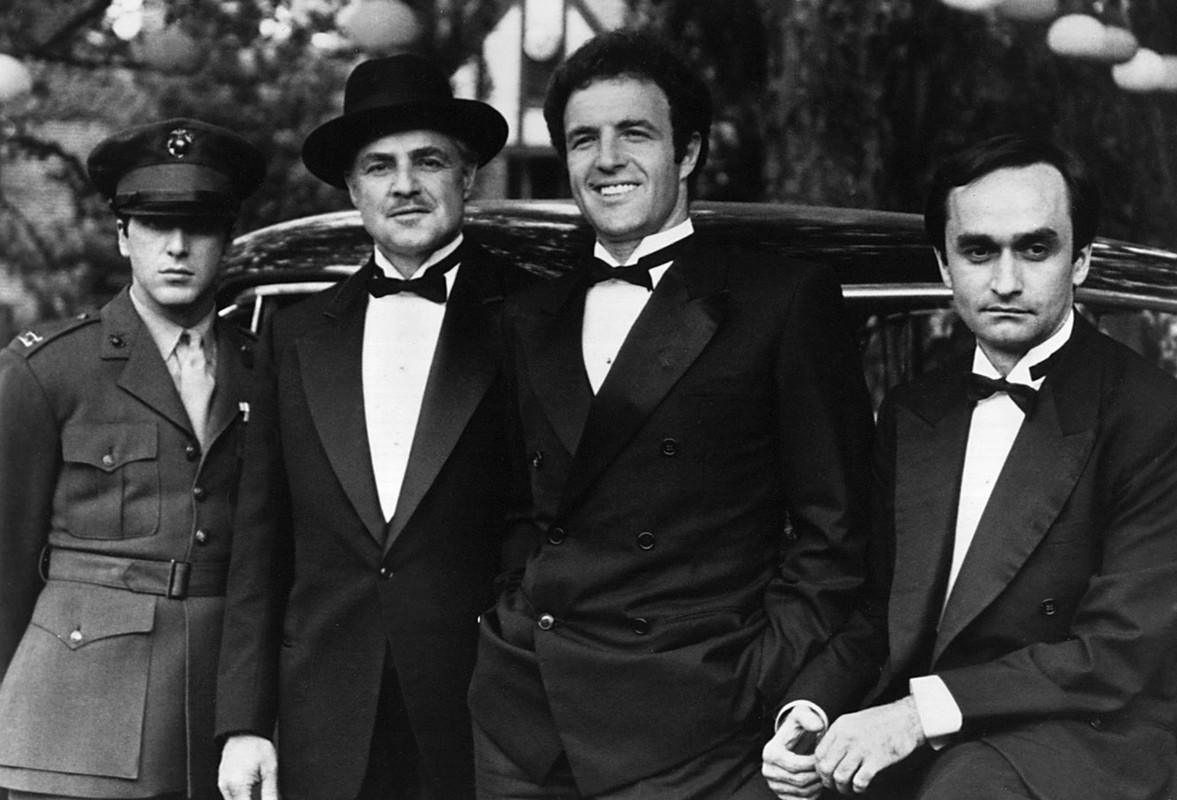 Al Pacino, Marlon Brando, James Caan, John Cazale, 1972
Al Pacino, Marlon Brando, James Caan, John Cazale, 1972
Marlon was great,” Caan said of Brando. “He had a great sense of humor, but he would have trouble figuring out the f—ing punch line sometimes. We’d go to lunch — those stupid Polish jokes were coming out at the time … and then two hours later, in the middle of a scene, I’d look at him and say something and all the sudden [imitates Brando laughing] I’d say, ‘What the f–k’s the matter with you?’ and he said [referring to the joke] ‘That’s funny.’ Two hours later it was playing in his f—ing head. He was like a child like that. I loved him.”
As for Caan, acting wasn’t always his dream growing up as the son of a butcher. While attending Hofstra University, Caan played football and aspired to be a professional player. But Hofstra was where he ended up falling in love with acting, after joining the Neighborhood Playhouse School of the Theatre.
His first credit was on Broadway in the 1961 production of “Blood, Sweat and Stanley Poole,” followed by minor film and TV roles.
His first leading role was in 1965 in Howard Hawks’ “Red Line 7000,” followed by a star-making turn in 1966 western “El Dorado” opposite John Wayne and Robert Mitchum.
He was eventually led to the “The Godfather” after starring in the 1969 film “The Rain People,” directed by Coppola, who later cast him in the iconic picture.
In the interview with The Post, timed to the 50th anniversary of “The Godfather,” Caan reminisced about numerous scenes — including a key improvised segment in which Sonny beats up his pregnant sister’s husband, Carlo (Gianni Russo) on the street with his fists, his legs and the top of a garbage can.
“The stick I threw at [Carlo] when he’s running away, that wasn’t in the script,” he said. “I took one of those industrial brooms and cut the end off and put it under my seat [in the car as Sonny drives up to confront Carlo]. They said, ‘It’s not in the script’ and I said, ‘What the f–k’s the difference, just put it down there.’ I swear to God I had no idea what I was going to do with it, but I knew that’s what a lot of guys did in my neighborhood. We called them ‘attitude adjusters.’ I just grabbed it and fired [the stick] at him and Francis said, ‘That’s great, Jimmy, you looked like you were going to miss him.’ So he’s lying behind the cars on the other side and luckily, on the upswing, I caught him on the top of the coconut.”
Regarding his character Sonny’s big, bloody death scene, Caan told The Post earlier this year that it was a dangerous sequence to film.
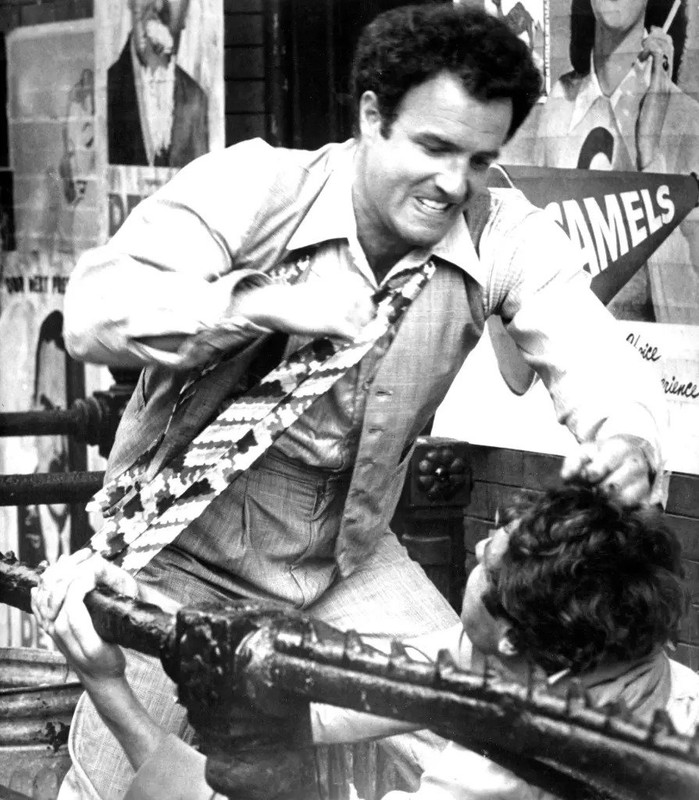 James Caan in 1972 filming a scene for “The Godfather.”
James Caan in 1972 filming a scene for “The Godfather.”
“I would never have shot that scene under any other conditions — but there were girls on the set, and I couldn’t look like a p—y,” Caan said. “That’s the only reason I did it. There were 147 squibs on my body … Those squibs were made like brass caskets, a square inch of brass with a little V on top where they pour gunpowder and they were sewn into my jacket. The effects guy, AD Flowers, said, ‘I don’t know if I ever put this many squibs on anybody, ever.’”
As for “The Godfather” as a whole, he said the film is sincere — but also revealed he was gunning for Pacino’s part.
“Yeah, I had a number of auditions for different parts,” he told Variety. “I wanted to play Sonny, because that’s what Francis wanted. But he called me one night from New York and said, “Jimmy the studio wants you to come here and test.” I said, “test what? You got a Porsche you want me to drive around the block?” And Francis told me they wanted me to play Michael. So I went to New York and read for the role and then they had Al [Pacino] come in and test and he was a little self-destructive. They warned him, don’t do that again or you’re fired. But Francis got what he wanted in the end. He always does.”
He also said working with the film’s cast was as legendary as the movie, which is beloved by fans decades on.
“There’s something that doesn’t get dated and that’s the truth,” he said. “‘The Godfather’ has a lot of truth to it, a lot of sincerity to it and a lot of art. The cast was great and we all had a lot of fun making it. Having fun and liking the people you’re working with is a very important ingredient, which I found out after 130 movies or whatever.”
Caan also said the scene in which Sonny brutally is taken out was done in just one take.
“F–k yeah,” he said. “Once was enough.”
He also added that the squibs, or miniature explosive devices, “would blow a hole in you.”
“It was very scary. I had 147 squibs on me and there were 5,000 in the tollbooth and the truth is that I only did it because there were girls on the set. I remember [special effects head] A.D. Flowers putting these wires on me, and as he’s putting them on me he’s mumbling to himself about how he never put this many squibs on somebody in his life. I told him, ‘shut the f–k up A.D., will ya for god’s sake?’ Thankfully we only did it once.”
While Caan played a tough guy in “The Godfather,” the actor said the exact opposite for “Misery,” alongside Kathy Bates.
“I play a total victim. I get the crap beat out of me. And I look like I’m between 80 and death,” he proudly told the Los Angeles Times in 1990 of his memorable role in the thriller.
“I sometimes wondered if this was a sadistic joke on Rob’s part,” he said of director Rob Reiner’s take on the adaptation of Stephen King’s work. In the film, Caan plays an injured, bedridden author who is held hostage by an infatuated fan, played by Bates. “You know, ‘Let’s get the most hyper guy in Hollywood to stay in bed for 15 weeks.’ . . . I was doing something I’d never done. For me, this being a totally reactionary character is really much tougher.”
James Caan appeared with his son, James Arthur Caan, at a celebration for the 50th year of "The Godfather" in February of this year
Despite the tough guy visage in “Godfather,” Caan also took on comedy, starring as Will Ferrell’s long-lost biological dad in “Elf.” While fans have clamored for a sequel to the beloved Christmas flick, Caan said it never happened over a dispute between Ferrell and director Jon Favreau.
“We were gonna do it and I thought, ‘Oh my god, I finally got a franchise movie, I could make some money, let my kids do what the hell they want to do.’ And the director and Will didn’t get along very well,” Caan told the Bull & Fox radio show in 2020. “So, Will wanted to do it, he didn’t want the director, and he had it in his contract, it was one of those things.”
Caan had five children, “Ocean’s 11” star Scott Caan, 45; James Arthur Caan, 26; Tara A. Caan, 57; Jacob Nicholas Caan, 23; and Alexander James Caan, 31.
